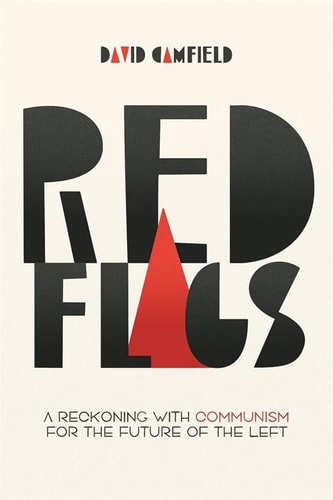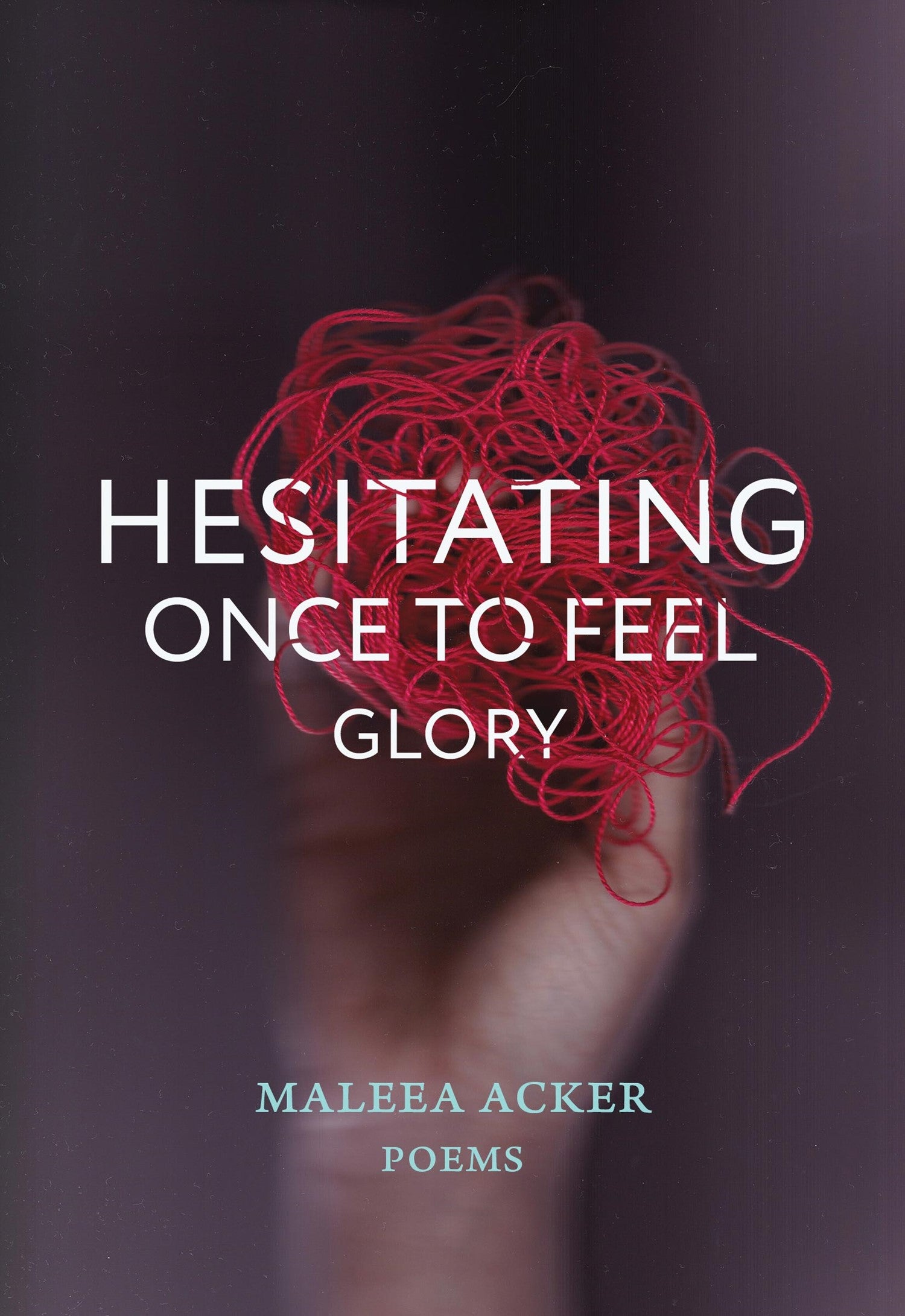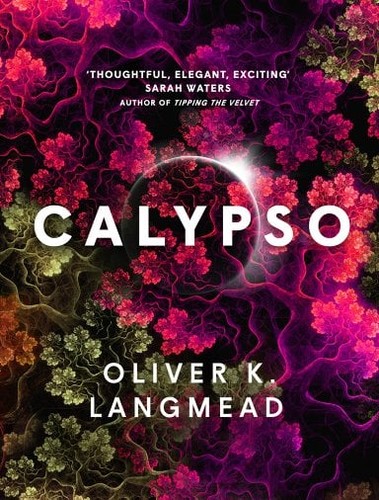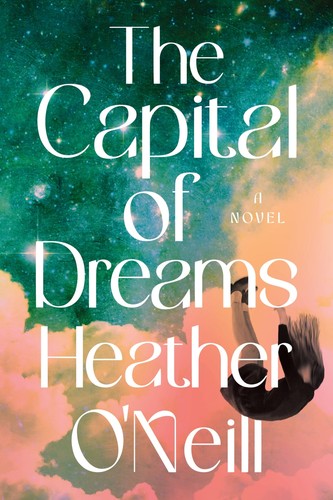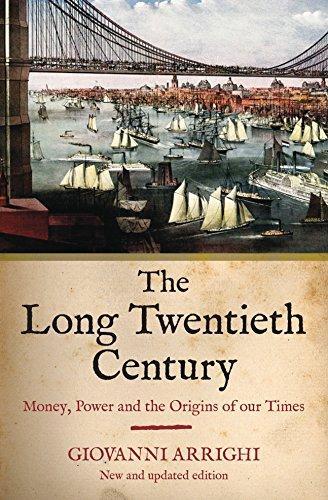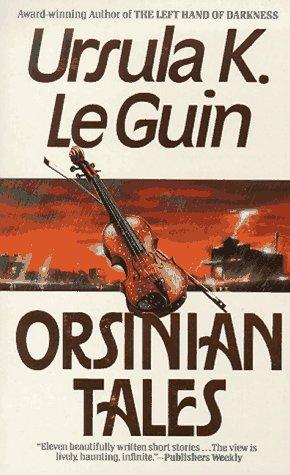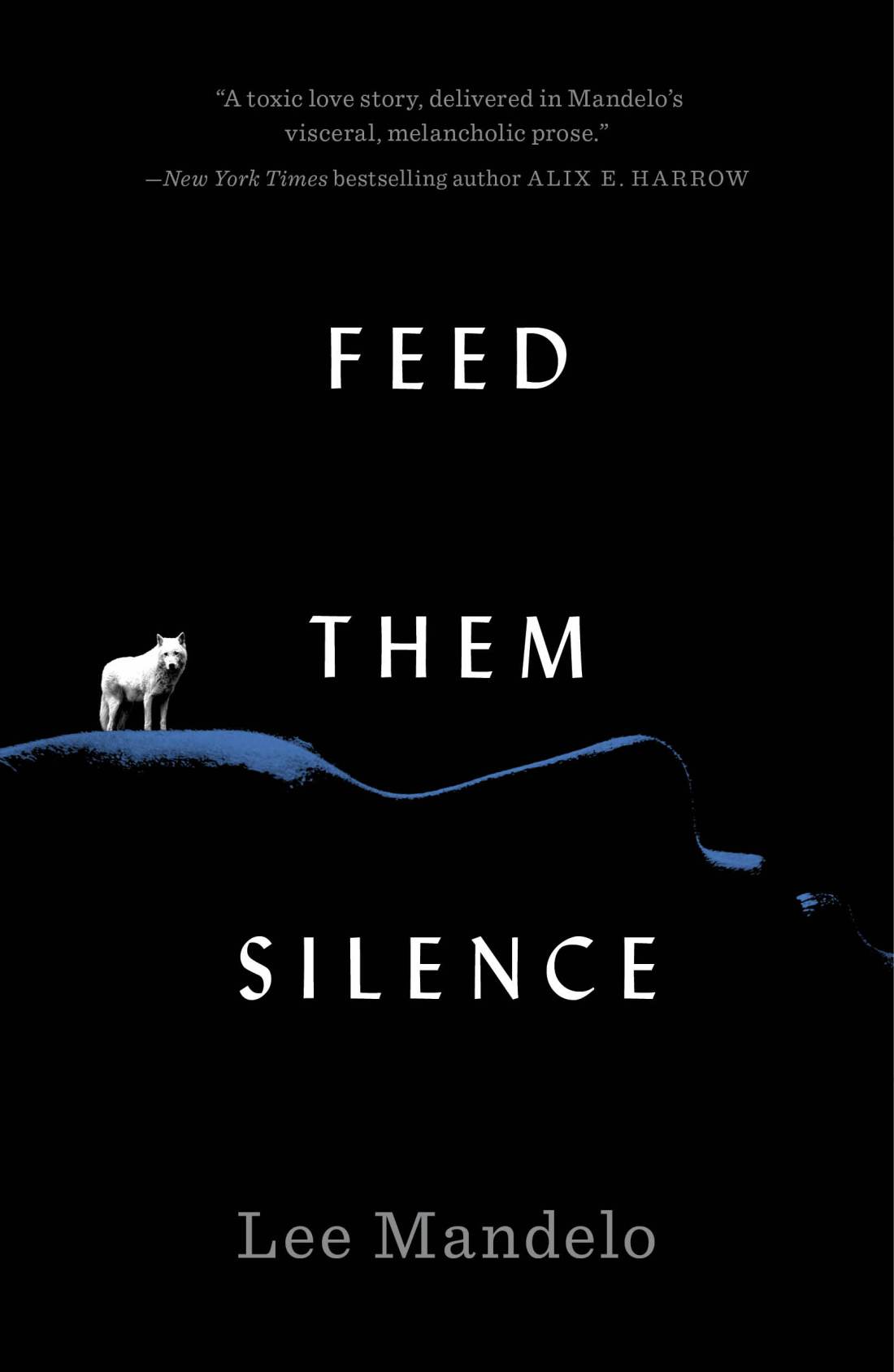el dang reviewed The Adventures of Tom Sawyer by Mark Twain
A product of its time, which isn't an excuse
I kind of have two reviews of this book. On the one hand, I now understand why it's a classic. Twain was a great observer of his peers and an even better writer. It's not a book for kids, at least not contemporary ones, but setting aside the things I'm about to complain about it's a great read about childhood for adults.
On the other, it's also very clear to me why many people don't want to read this book and particularly want it taken out of curricula. It's not just the N-word, though that's all over the place. Personally I was much more troubled by the attitudes through the book.
The worst part by far is Twain's treatment of the one indigenous character, "Injun Joe". The story needs an antagonist, and the cartoonishness of Joe and his crimes seem like an OK fit. But why make him …
I kind of have two reviews of this book. On the one hand, I now understand why it's a classic. Twain was a great observer of his peers and an even better writer. It's not a book for kids, at least not contemporary ones, but setting aside the things I'm about to complain about it's a great read about childhood for adults.
On the other, it's also very clear to me why many people don't want to read this book and particularly want it taken out of curricula. It's not just the N-word, though that's all over the place. Personally I was much more troubled by the attitudes through the book.
The worst part by far is Twain's treatment of the one indigenous character, "Injun Joe". The story needs an antagonist, and the cartoonishness of Joe and his crimes seem like an OK fit. But why make him indigenous at all? His indigeneity is irrelevant to the plot but Twain is literally incapable of mentioning him with explicitly flagging it. I realised towards the end of the book that this is a direct counterpart to the antisemitism in Dorian Gray, which I found such a slap in the face that I couldn't finish the story. I don't think it says anything particularly good about me that I could hold my nose and keep reading when it was less personal, but that's also not very surprising. In any case, I would rate this as the primary reason to keep the book off syllabi, and I can certainly understand anyone refusing to finish it once the treatment of this character becomes clear.
By comparison to that disgusting benchmark, Twain's treatment of Black characters seems slightly less bad, in that: there's more than one, they aren't interchangeable, their Blackness is relevant to the roles they get to play in the story, and he puts some positive words about at least one of them in a character's (Huck's) mouth. But even that last is tempered: Huck seems proud to treat the Black man who gives him food and board less badly than other white people do, but it's very explicitly a concession that Huck will share a table with him. All of which, and the liberal use of the N-word in dialogue, seem realistic for how this set of white people would have talked about Black folk in their town, but it still makes for hard reading today.
And even the way Twain approaches the white characters of the town is somewhat condescending. He's a good enough observer that it's clear he's talking about the sort of place he grew up in, but he also seems very keen to separate himself from it, like he's better for having got out, not just luckier. This is a much smaller flaw in the book, but it did grate at times, and that sort of superiority probably reinforces the racism showing through elsewhere.
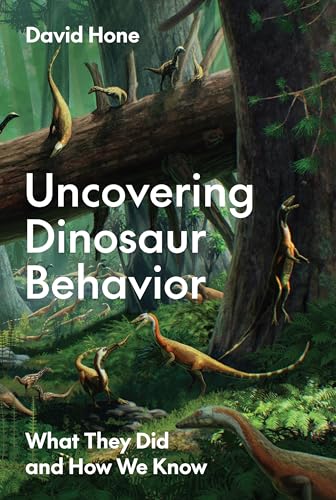
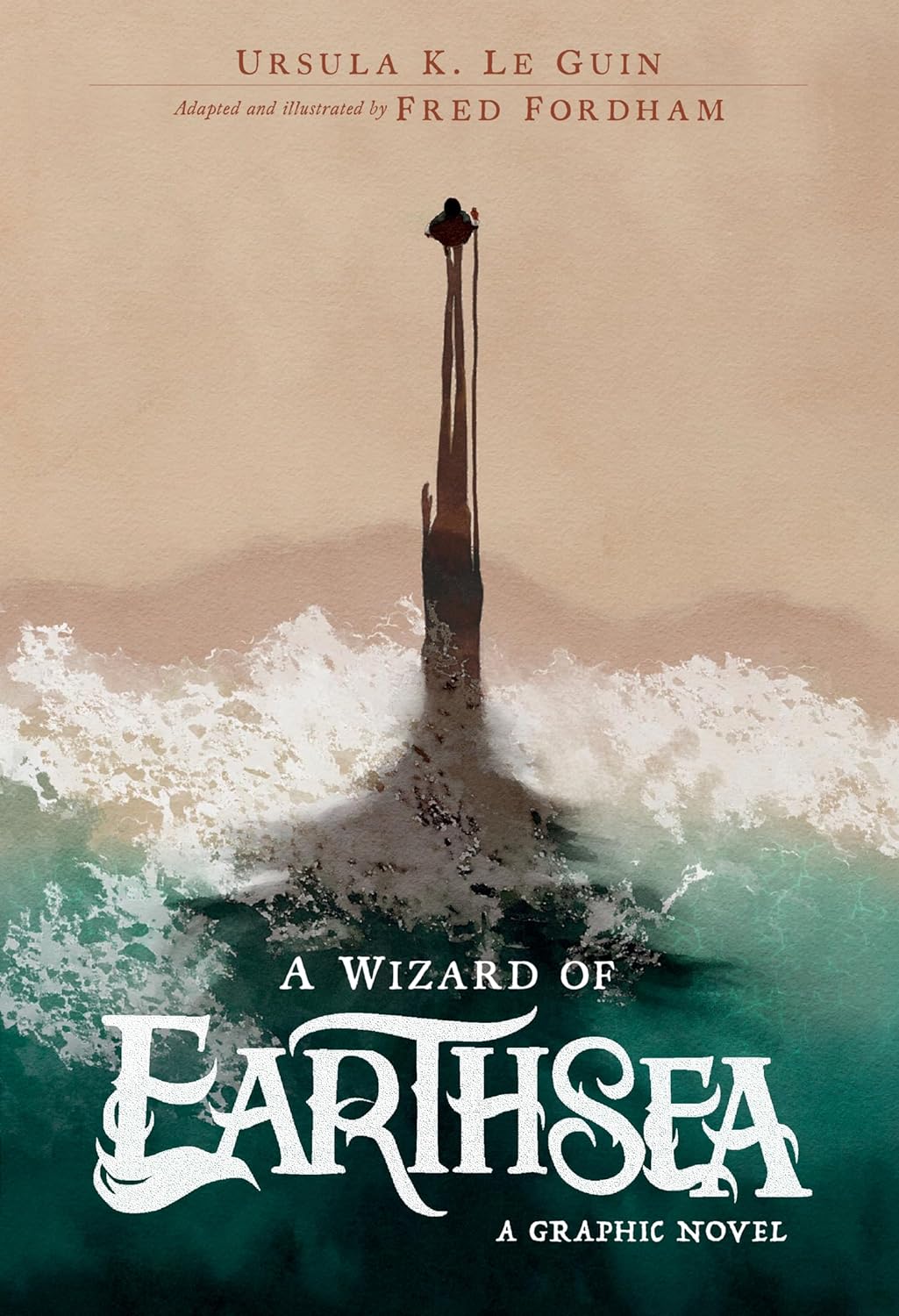
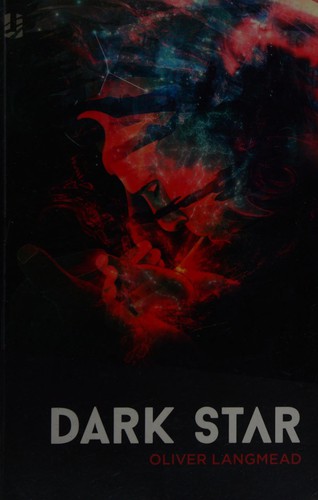
![Thomas Mann: The Magic Mountain [Der Zauberberg] INTERNATIONAL COLLECTORS LIBRARY SERIES (1953, International Collectors Library)](https://st2.ap-south-1.linodeobjects.com/images/covers/04565517-80cc-4c4c-a2bb-e3ce61799665.jpeg)
